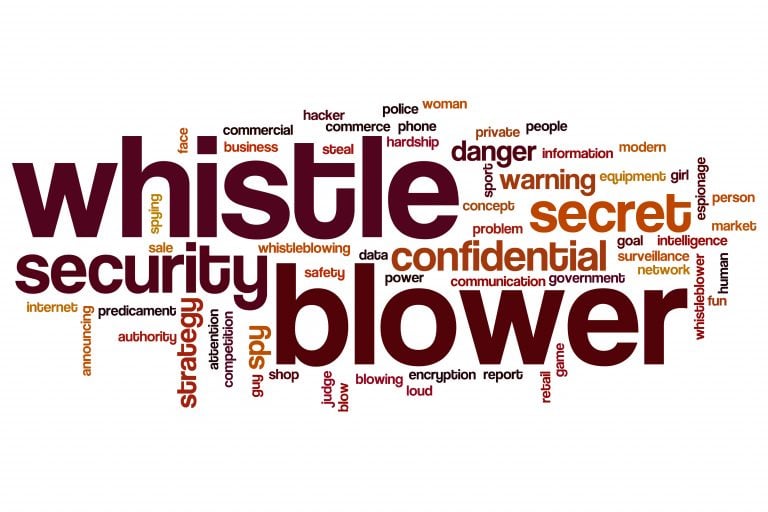Settlement of Whistleblower Retaliation Case Includes Rescission of Immediate Reporting Policy
In a settlement of two Section 11(c) whistleblower retaliation cases, US Steel agreed to rescind and not enforce its Immediate Reporting Policy. US Steel’s Immediate Reporting Policy discouraged employees from reporting injuries because they risk violating US Steel’s temporally stringent requirement under the policy. This requirement in turn created a barrier for reasonable employees to report workplace injuries and illnesses and therefore violated Section 11(c) of the Occupational Safety and Health Act.
OSHA’s complaint against US Steel alleges that US Steel disciplined two employees for reporting injuries when they realized that they were injured rather than immediately when the injuries occurred. One of the employees delayed reporting that he bumped his head on a low-hanging beam because he did not feel any pain or notice any discomfort at the time and was able to complete his shift without further incident. Subsequently he experienced stiffness through his right shoulder, which prompted him to visit a doctor. Both of the employees were suspended for five days without pay due to their violation of the Immediate Reporting Policy.
Section 11(c)(1) of the OSH Act prohibits any person from retaliating against any employee because of the exercise by such employee of any right afforded by the Act. OSHA has interpreted this statutory provision to prohibit “discriminating against an employee for reporting a work-related fatality, injury or illness.” In addition, OSHA requires companies to establish a recordkeeping system for recording workplace injuries and illnesses.
Stringent Immediate Reporting Policies Can Dissuade Whistleblowing
OSHA concluded that US Steel’s stringent temporal reporting requirement under its Immediate Reporting Policy violated the administration’s rules. OSHA reasoned that in many instances complying with the policy was impossible or impractical for employees because often an employee will be unaware at the time of an incident that he or she sustained an injury.
In addition to rescinding its Immediate Reporting Policy, US Steel agreed to pay back wages to the employees who suffered retaliation for reporting injuries.
Whistleblower Protection Attorneys
Washington DC whistleblower law firm Zuckerman Law represents whistleblowers nationwide under federal whistleblower protection laws, including the Whistleblower Protection Act, the Sarbanes-Oxley whistleblower law, and the False Claims Act and NDAA anti-retaliation provisions.
To schedule a free preliminary consultation, click here or call us at 202-262-8959.









